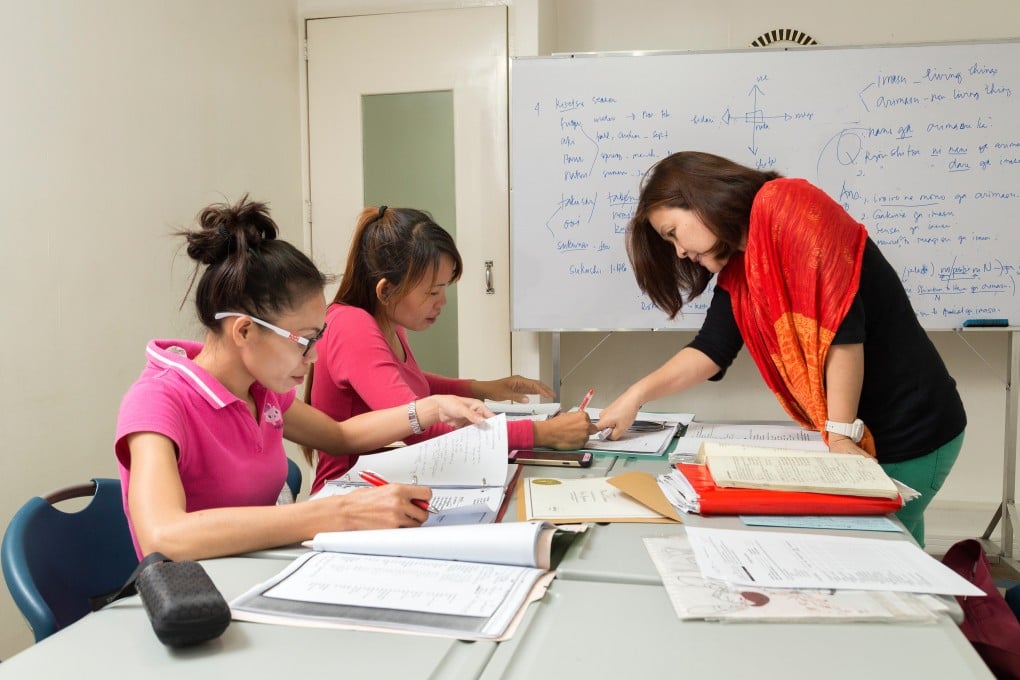Philippine education technology start-ups help with choosing uni courses – and paying for them
- Only half of the country’s high-school graduates finish their tertiary education, dropping out due to a lack of financial capacity or guidance
- A bevy of new edtech firms are building a business while providing young Filipinos with the tools and resources to help them begin thriving careers

Lyka Trinidad was in the 10th grade when she started wondering what courses to take in college – but like most teenagers, she was unsure of what career to pursue. Should she be an accountant, as her parents suggested? What course would best give her financial stability?
“My first plan was to take accounting, so I took it [in high school]. Upon further research, though, and with the current demands of companies, I thought marketing would be a better fit for me. It’s the more flexible choice,” she said.
Today, Trinidad is in her first year at the Polytechnic University of the Philippines, the country’s largest state university by student population – and she is happy with her choice, which she credits to the extensive research she did before going to university.
The concerns she had as a high-school student are not uncommon. With the myriad of career options available today, on top of the mental requirements of university life, it is easy to be overwhelmed by the gravity of making a choice, as well as the consideration of how to pay for tertiary education.